Post-Baccalaureate Certificate. An award that requires completion of an organized program of study requiring 18 credit hours beyond the bachelor’s. Designed for those with a bachelor’s degree who do not meet the academic requirements of a master’s degree.
Graduate Degree. A degree awarded for education at a level beyond the bachelor’s degree. State universities offer graduate certificates, master’s degrees, and specialist degrees in various professional and liberal arts fields.
Master’s Degree. An award that requires the completion of a program of study of at least one but not more than two of years of full-time academic work beyond the bachelor’s degree.
Post-Master’s Certificate. An award that requires completion of an organized program of study of 24 credit hours beyond the master’s degree, but does not meet the requirements of academic degrees at the doctor’s level.
Doctorate Degree. The highest award a student can earn for graduate study. The doctor’s degree classification includes such degrees as Doctor of Business Administration (DBA), Executive Doctorate of Business Administration (EDBA) and the Doctor of Philosophy (Ph.D.), the Executive Doctor of Philosophy (EPh.D.).
First Professional. An award earned after the completion of a program necessary to practice in a profession. Requires at least professional working experience of 3 years to be accepted. It takes minimum 2 weeks to 4 weeks, 2 months to 3 months academic learning period to complete the program.
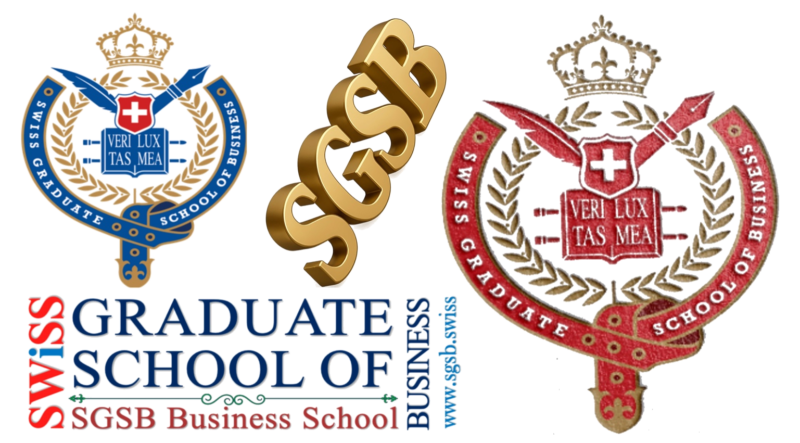
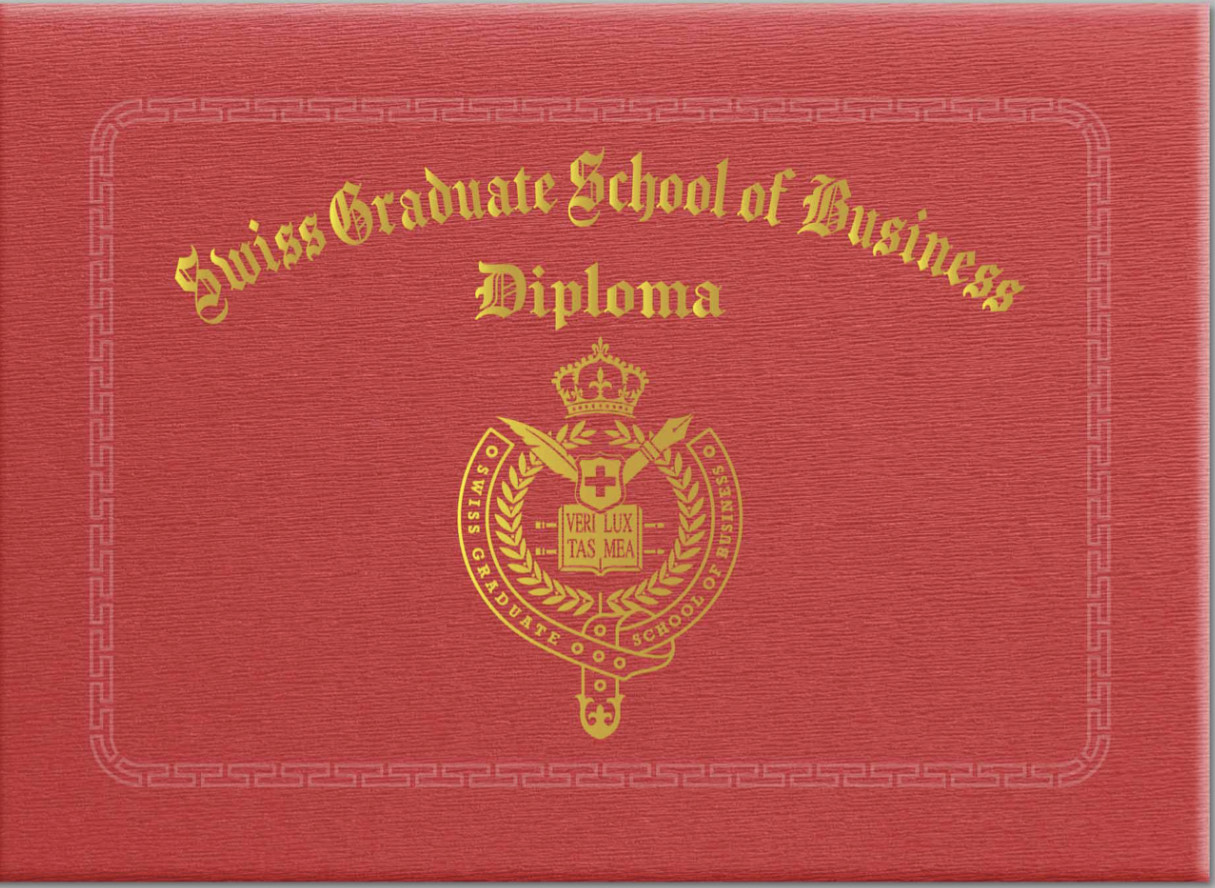
 DBA | EDBA | Ph.D. | EPh.D. Degree Diploma Case
DBA | EDBA | Ph.D. | EPh.D. Degree Diploma Case 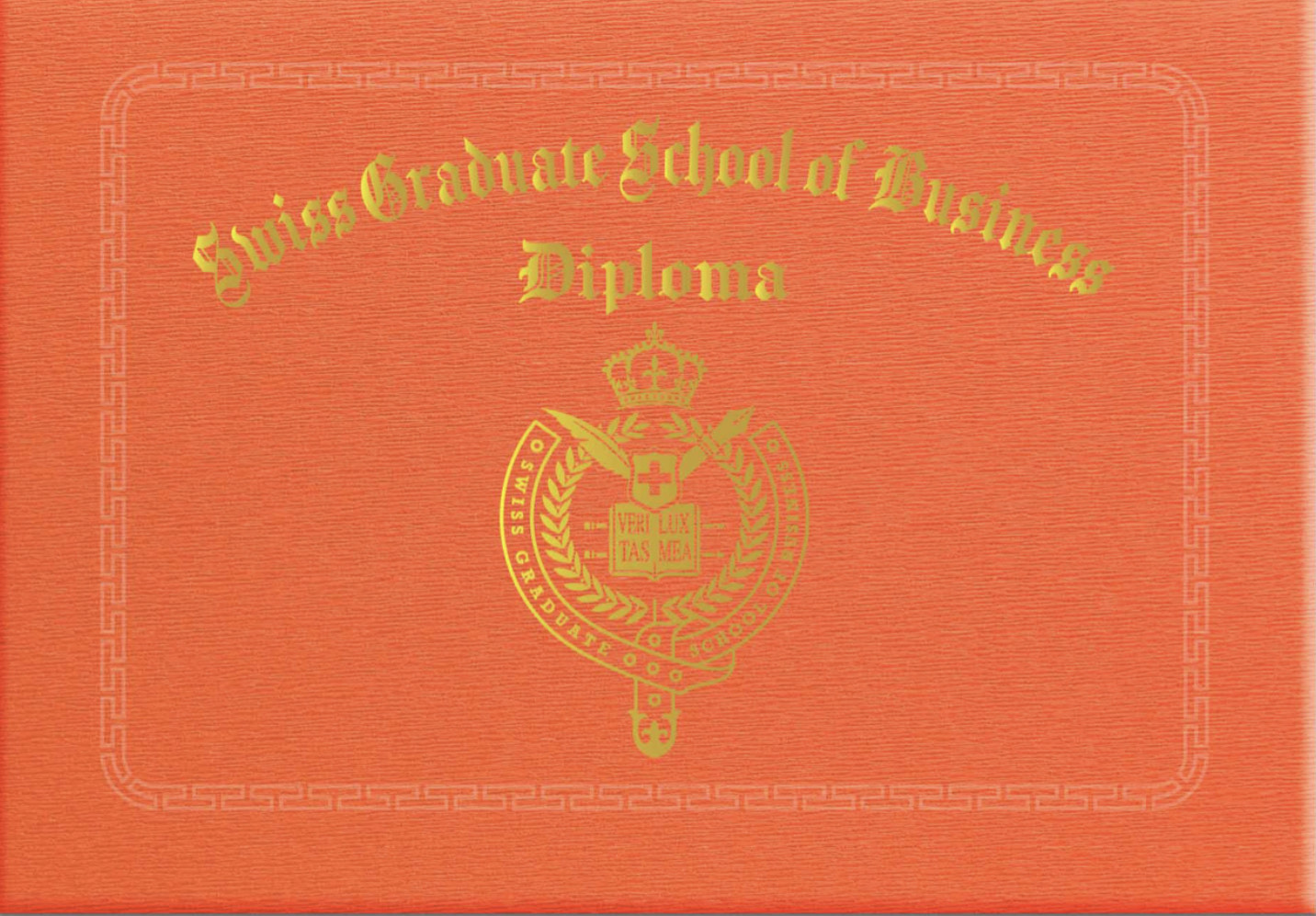
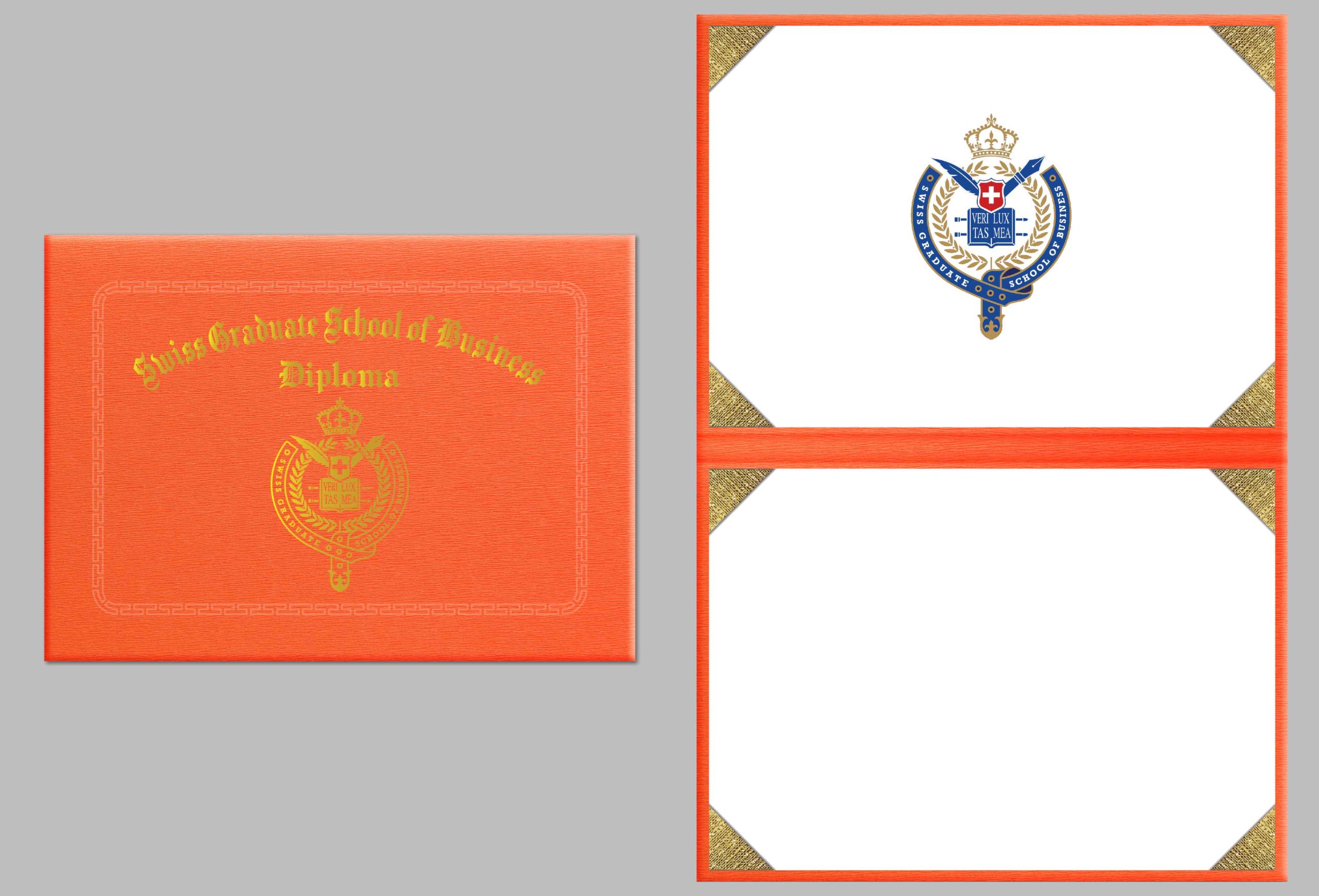 MBA | EMBA Degree Diploma Case
MBA | EMBA Degree Diploma Case 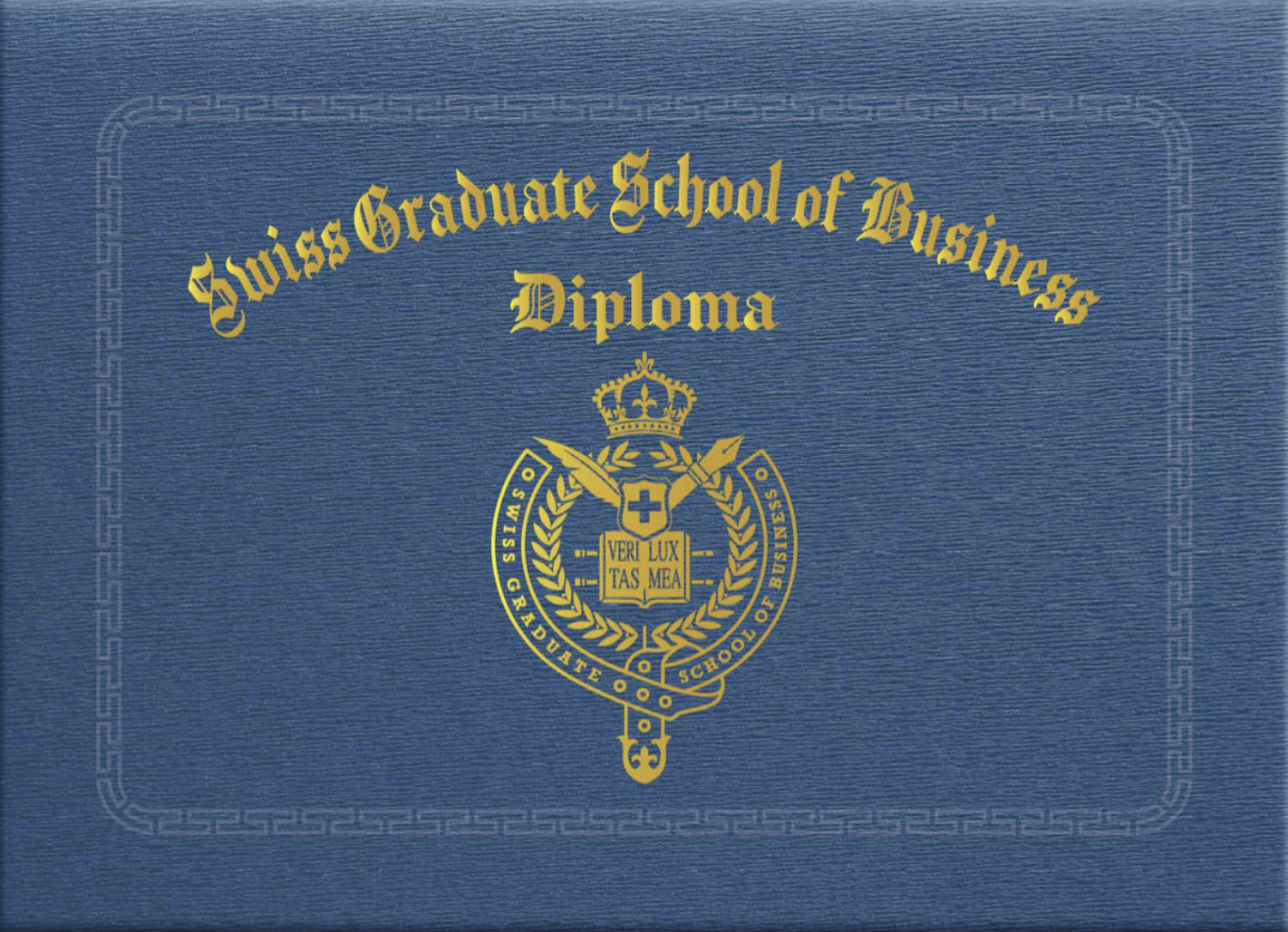
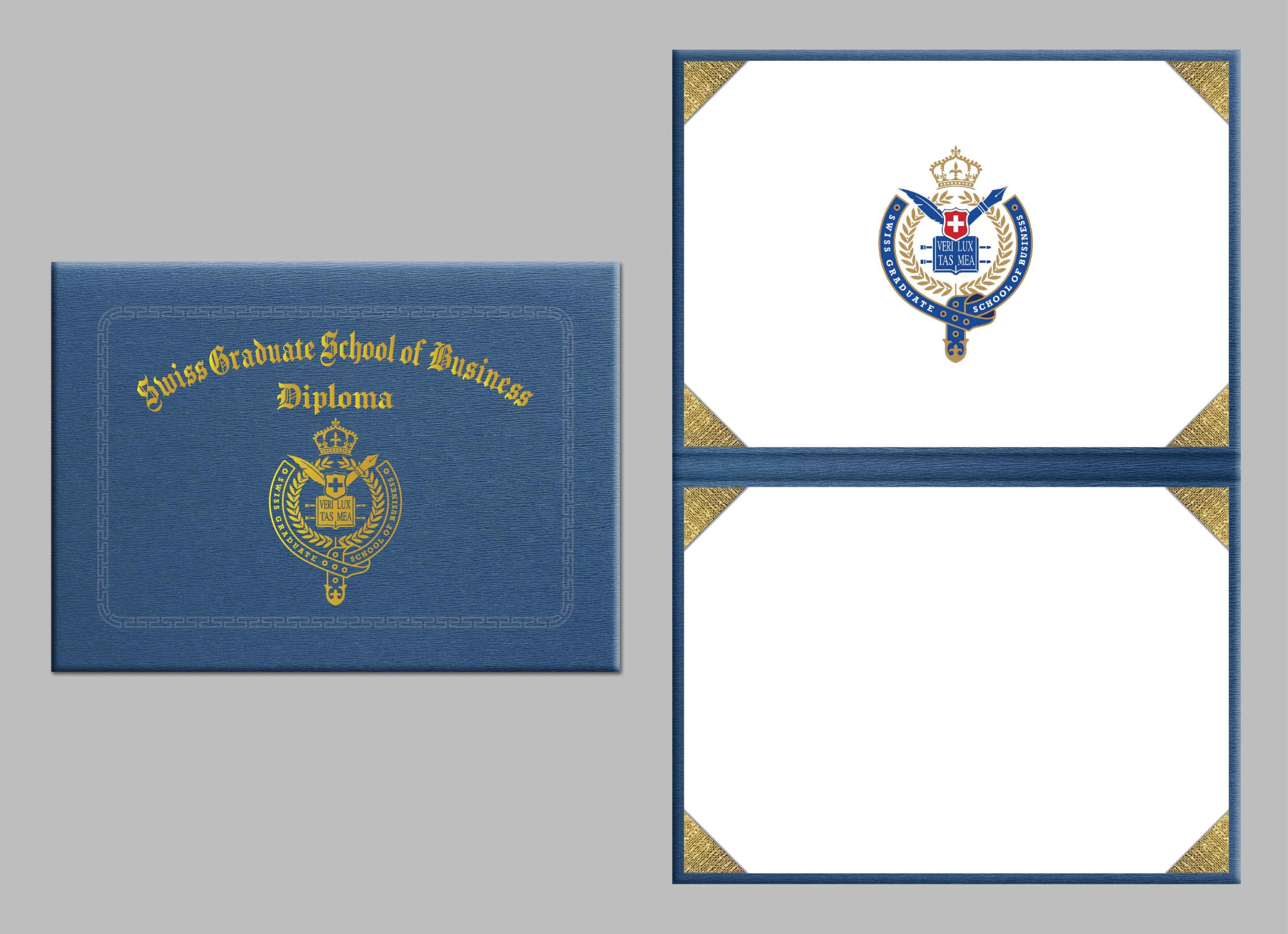 BBA | EBBA Degree Diploma Case
BBA | EBBA Degree Diploma Case 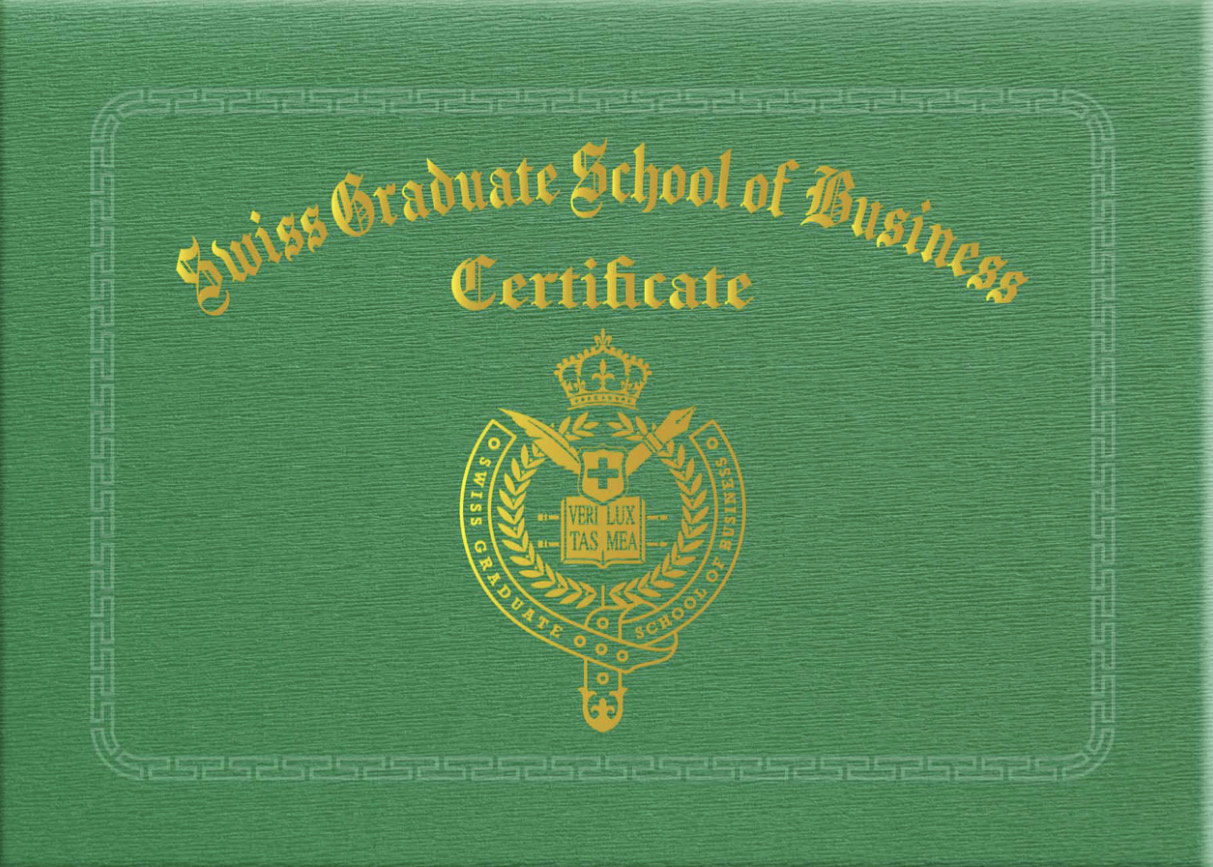
 AMP | EMD | Executive Certificate Case
AMP | EMD | Executive Certificate Case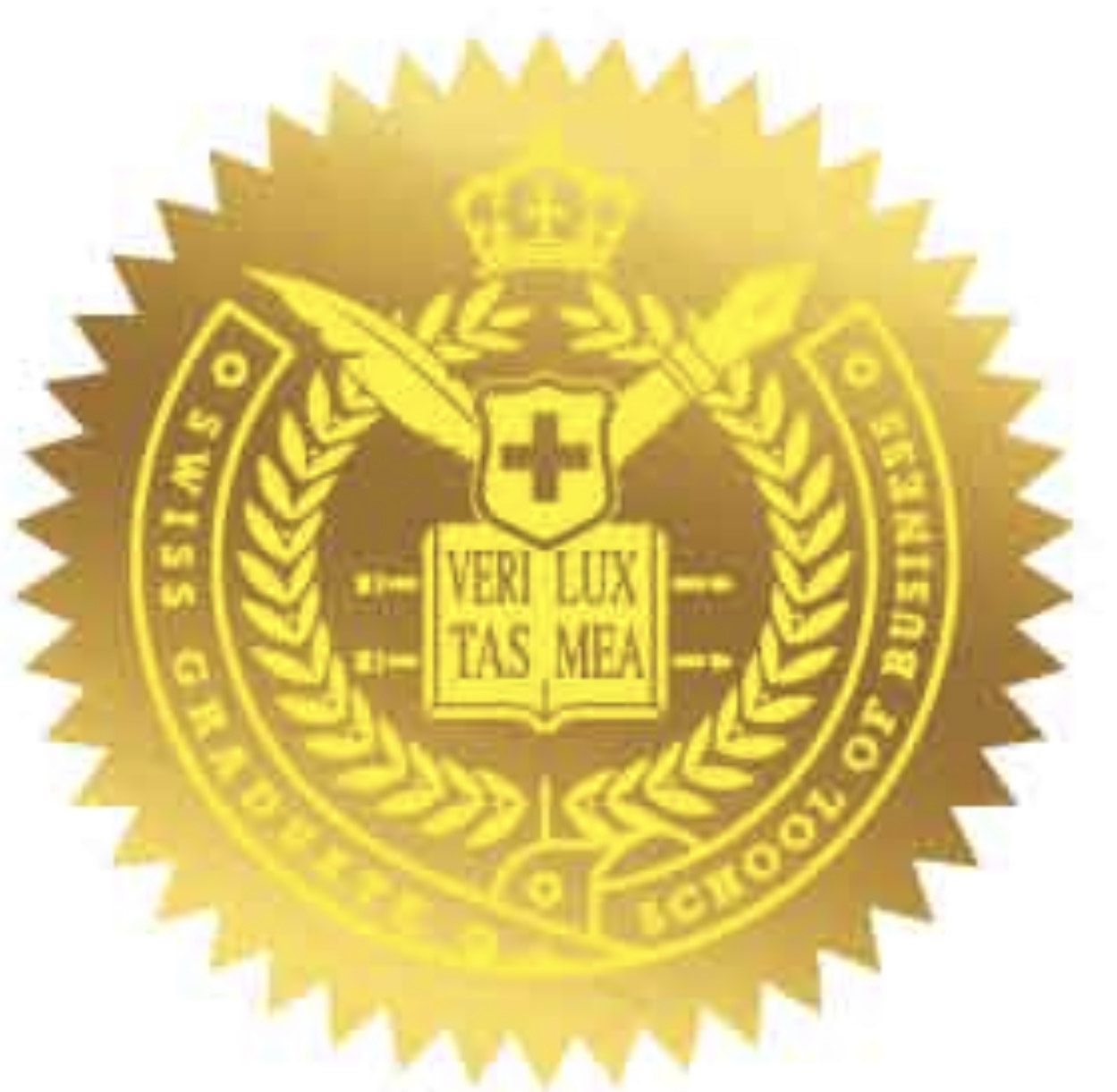 SGSB Updated Logo
SGSB Updated Logo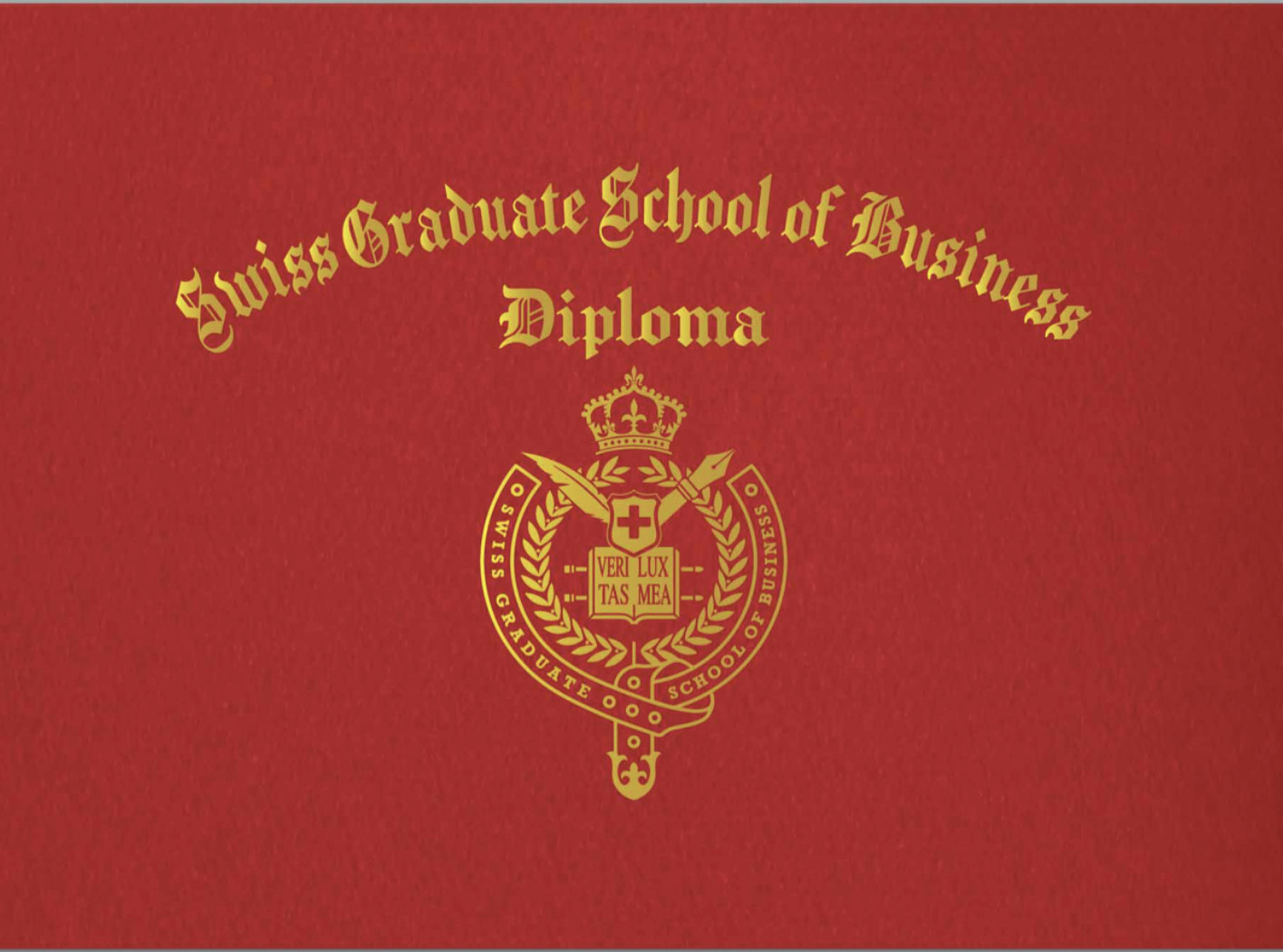
 DBA | EDBA | Ph.D. | EPh.D. Transcript Case
DBA | EDBA | Ph.D. | EPh.D. Transcript Case 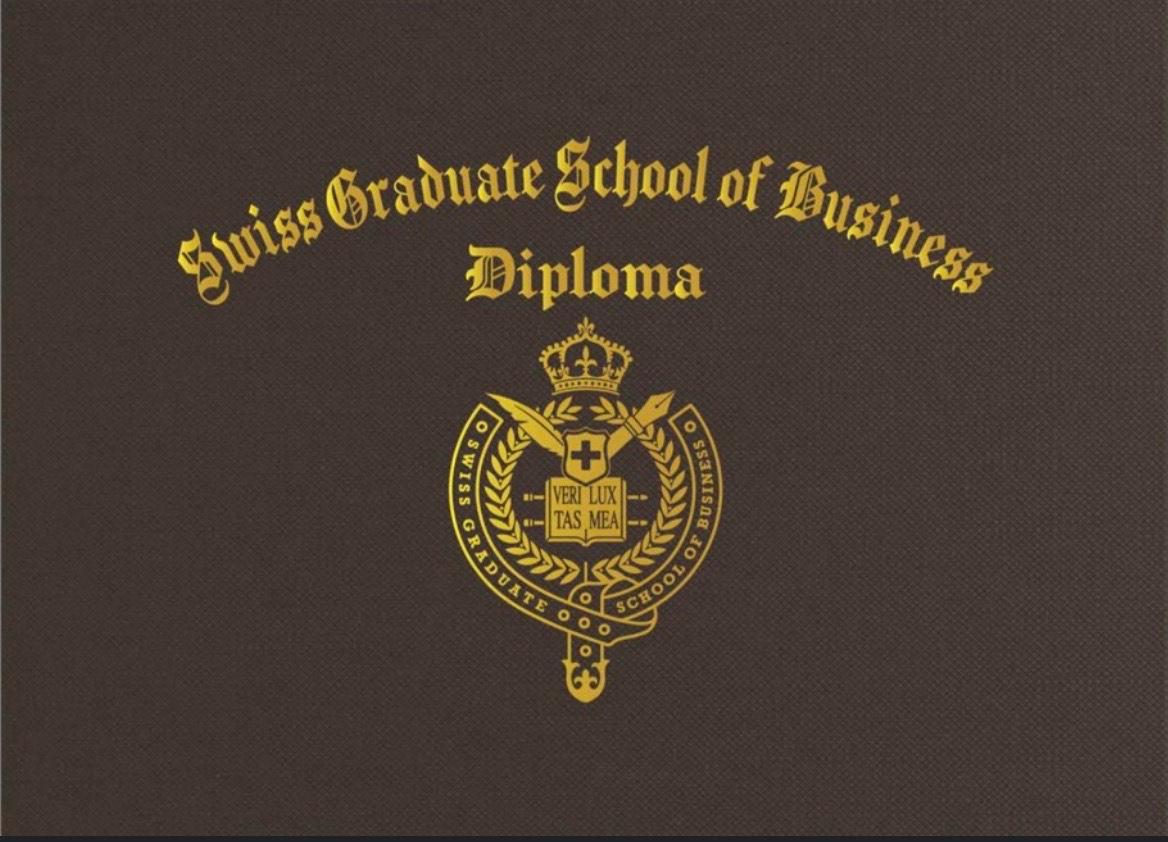
 MBA | EMBA Transcript Case
MBA | EMBA Transcript Case 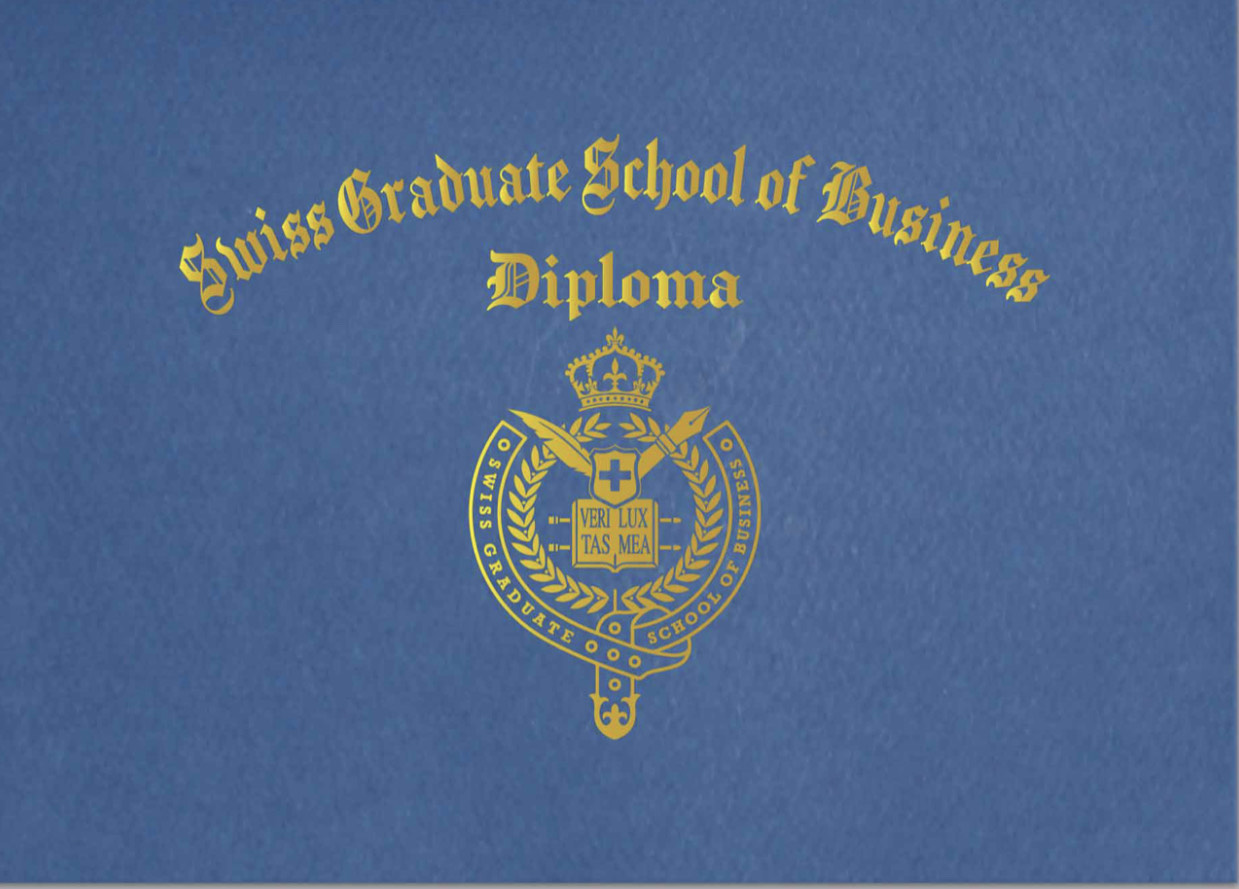
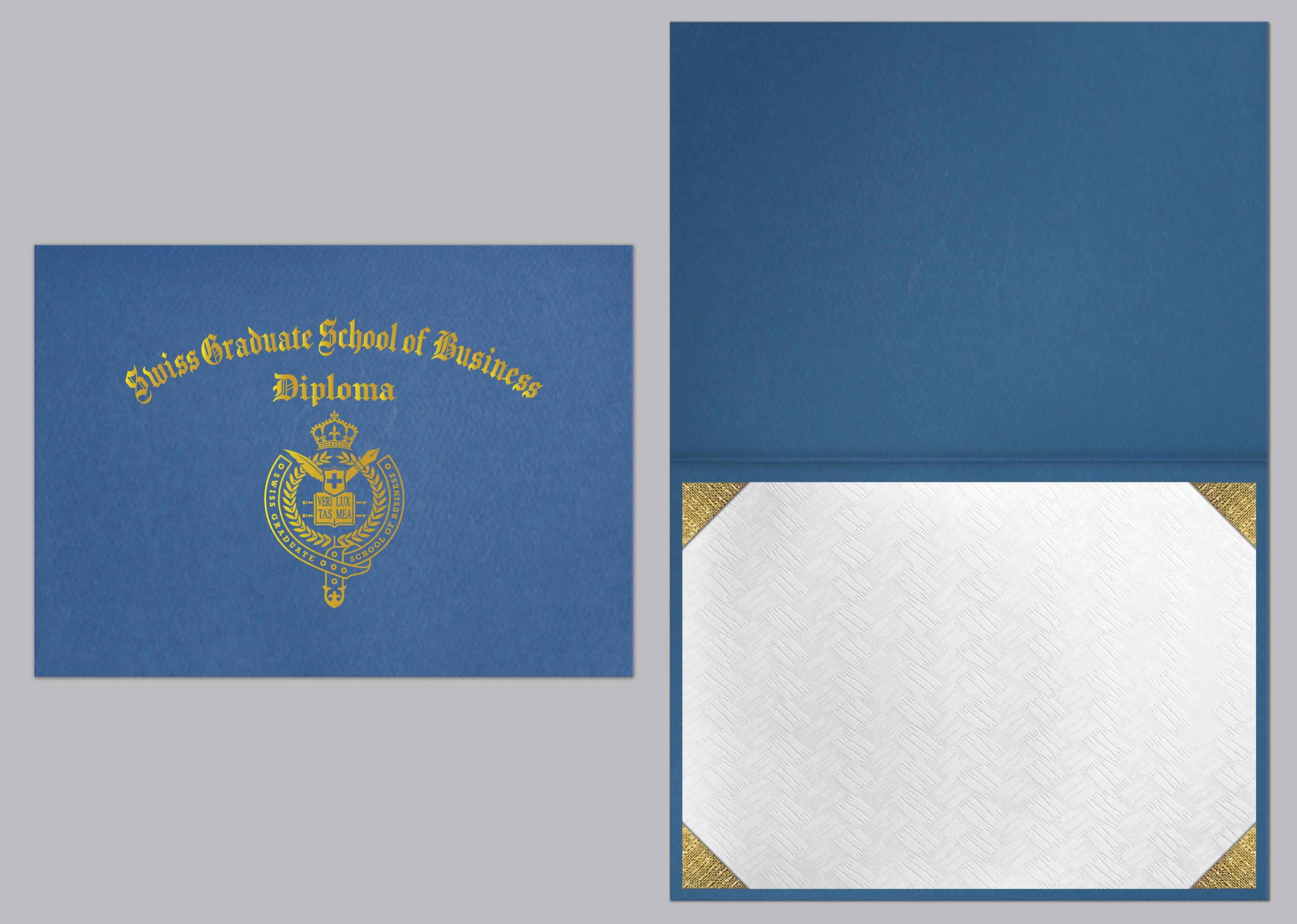 BBA | EBBA Transcript Case
BBA | EBBA Transcript Case 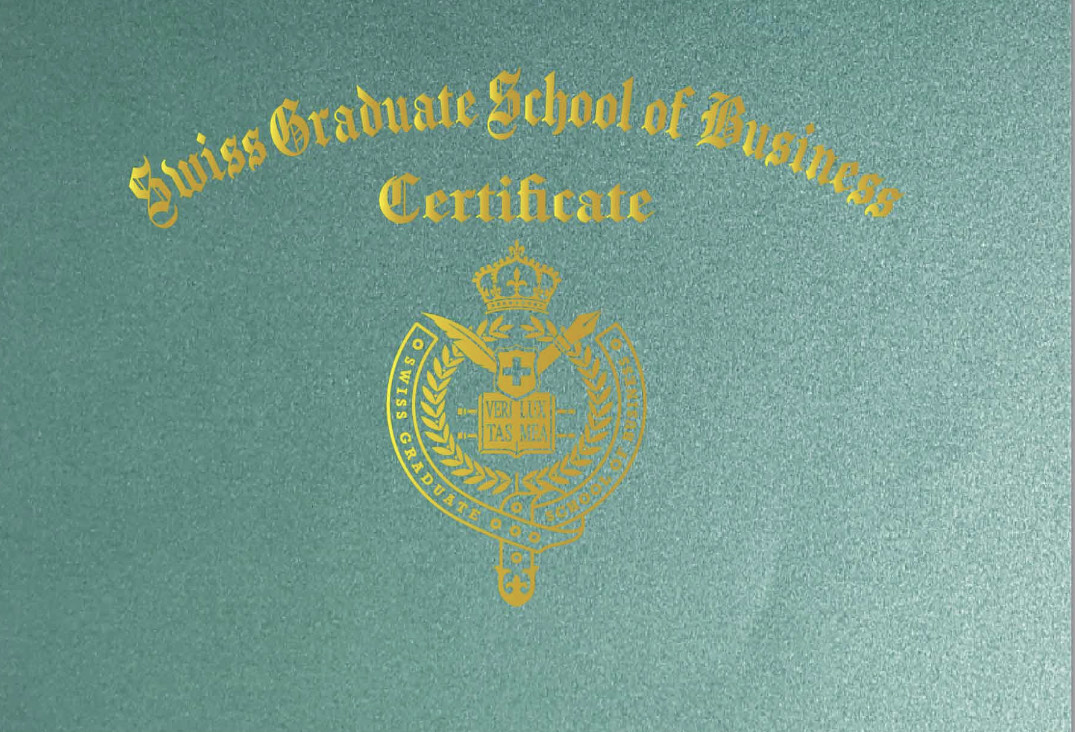
 AMP | EMD | Executive Certificate Case
AMP | EMD | Executive Certificate Case